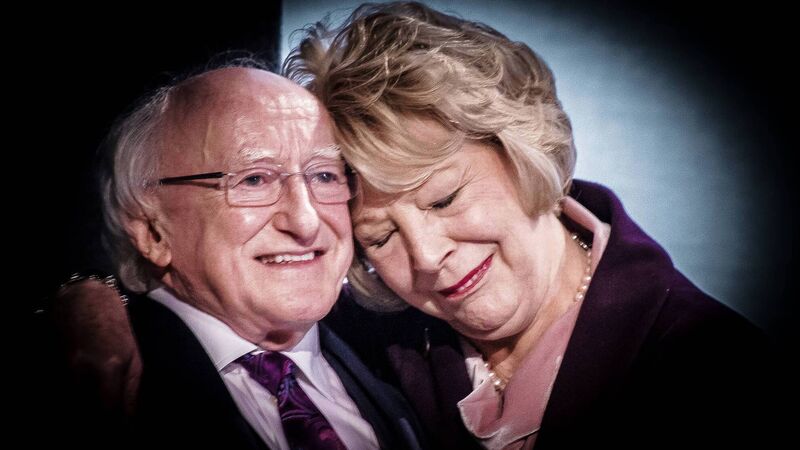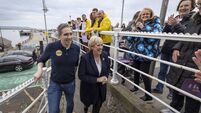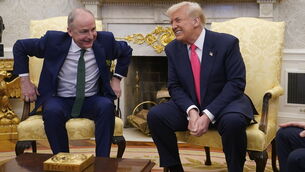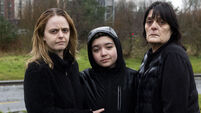Fergus Finlay: The presidency belongs to the people - it needs an open contest

Michael D Higgins and his wife Sabina. I was one of three people who sought the nomination from Labour in the last presidential election. I came second to Michael D Higgins on the day and worked thereafter to help secure his eventual election. File picture: Paul Reardon
I probably need to begin this piece by getting something off my chest.
Back in January I contacted the leader of my party Ivana Bacik and asked her to meet me to “talk about the presidency”. I wasn’t any more explicit than that. A few days later I got a warm and polite reply saying she’d be in touch soon about meeting up.















